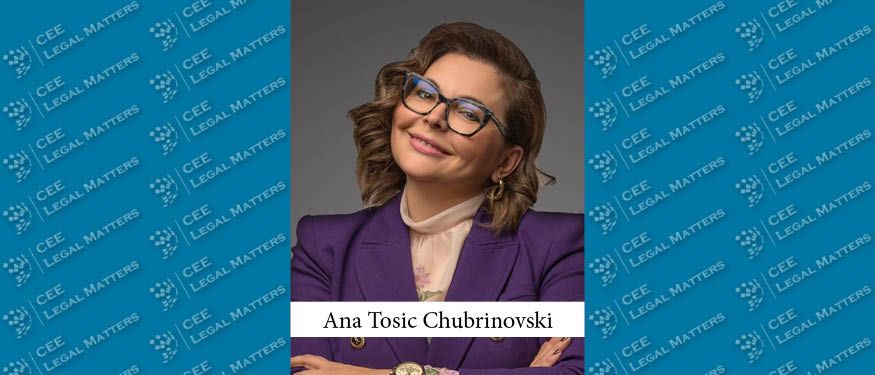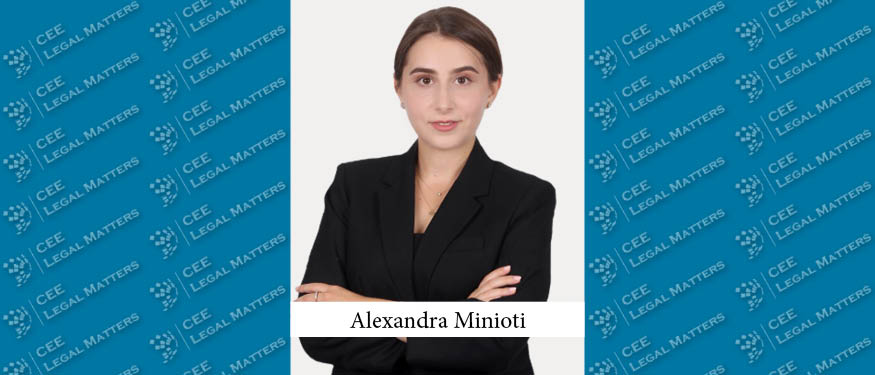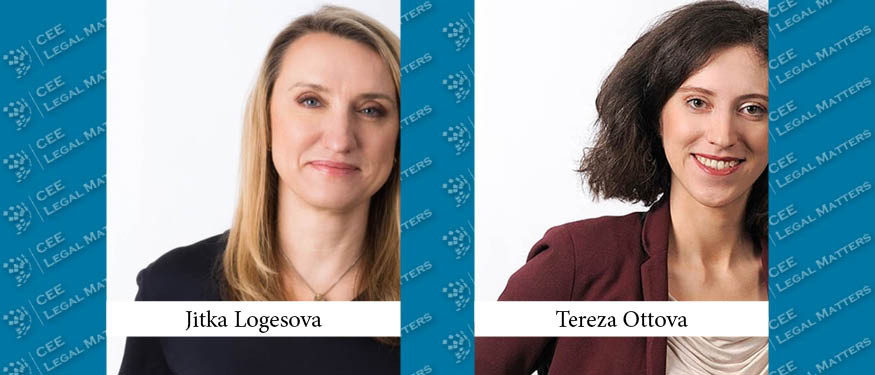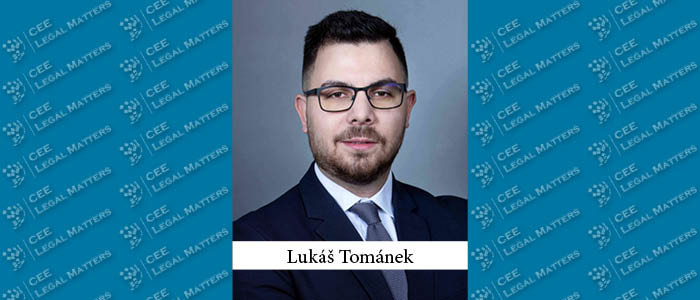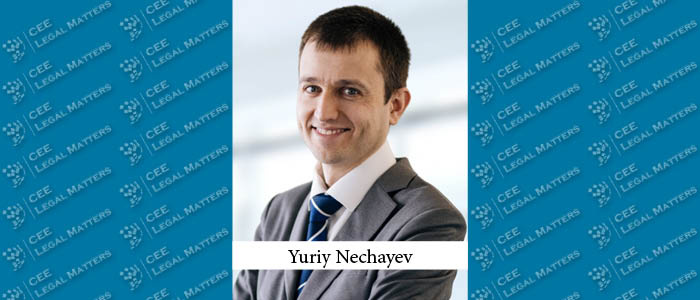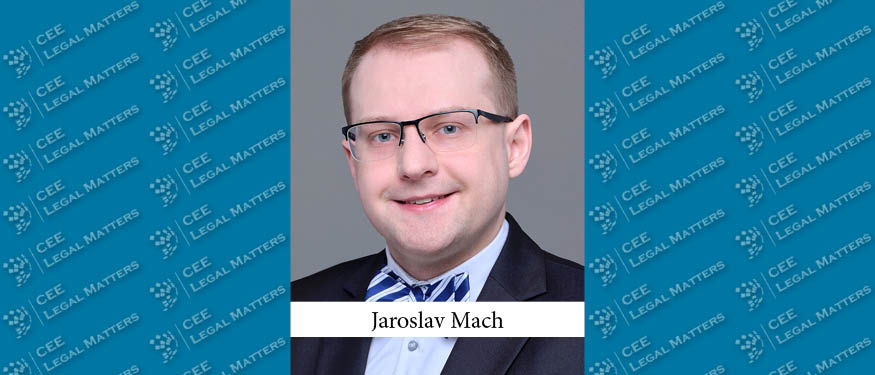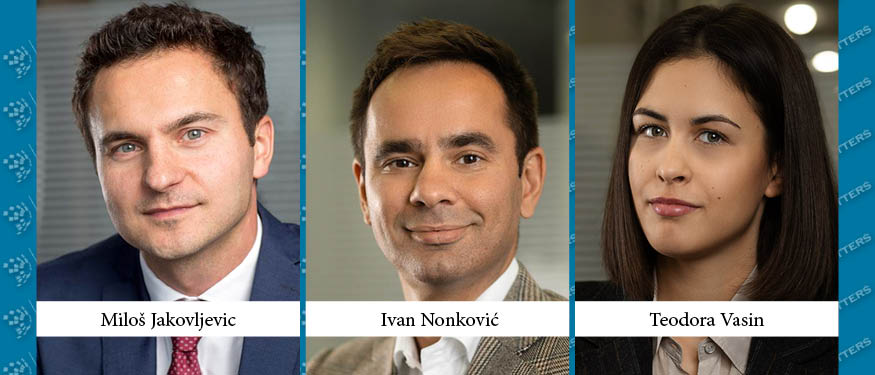With the adoption of a new legislative solution in the Republic of North Macedonia, introduced through the Law on Labour Engagement of Persons, which shall enter into force on 1 January 2026, a systemic and coherent framework will be established for the regulation of temporary and seasonal labour engagement. The primary objective of this law is to formalize a segment of the labour market that, to date, has remained largely unregulated or informal, with particular focus placed on three sectors: agriculture, hospitality, and domestic services.
EU Excludes Chinese Companies from Major Contracts in the Medical Device Sector
By Implementing Regulation (EU) 2025/1197, published on Friday, 20 June 2025, the European Commission decided to exclude companies from the People’s Republic of China (PRC) from public contracts for medical devices. This applies to contracts with an estimated value of more than five million euros. Furthermore, no more than 50% of the contract value may be passed on to Chinese companies.
Essential Rules for Pharmacies, Drugstores and Optical Retailers in Bulgaria
Given the growth of the Bulgarian pharmaceutical retail sector, it is essential to understand the legal framework governing the operation of pharmacies, drugstores, cosmetics counters and optical retailers. Each of these types of businesses is subject to specific regulatory requirements designed to safeguard public health, ensure quality control and maintain compliance with both national and EU legislation.
New Lobbying Law Effective from 1 July 2025 in the Czech Republic: What Will It Mean in Practice?
As of 1 July 2025, lobbying activities in the Czech Republic are subject to regulation for the first time. The new Regulation of Lobbying Act aims to enhance transparency by defining who qualifies as a lobbyist, identifying the targets of lobbying (primarily public officials) and introducing record-keeping obligations. A key element is the creation of a publicly accessible register, where lobbyists must disclose their identity and the parties they represent.
Stricter Environmental Penalties as of May 2025: New Rules for Corporations and SMEs
The Government of Hungary expects all investments to comply with the strictest environmental standards. Should companies fail to meet these requirements, fines will be imposed under the "polluter pays" principle. The new penalty regulation distinguishes between private individuals, small and medium-sized enterprises (SMEs) and large corporations.
The End of Crypto-Asset Anonymity in the Czech Republic?
On 7 May 2025, the Czech government approved a draft amendment to Act No. 164/2013 Coll., on International Cooperation in Tax Administration and on Amendments to Related Acts, introducing two key innovations regarding crypto-assets and the taxation of large multinational groups.
Reduced Transfer Tax for Solar and Wind Power Plants – New Bill Brings Relief for Investors
In June 2025, the Hungarian Parliament adopted a bill proposing that the market value of solar and wind power plants be excluded from the base of real estate transfer tax. If adopted, this would reduce the financial burden for investors purchasing land with renewable energy infrastructure.
Ukraine Synchronizes Sanctions Against Russia with EU and G7
On 27 June 2025, the President of Ukraine signed decree No. 422/2025 enacting the decision of the National Security and Defence Council of Ukraine (“NSDC”) “On Synchronisation of Sanctions Pressure of Ukraine, the European Union and Other Members of the Group of Seven on the Russian Federation and Related Entities”, dated the same day (“Decision”).
New Amendments Of The Laws And Bylaws Regulating The Protection Of Financial Services Users And The Banking Sector
The National Assembly of the Republic of Serbia has adopted a set of laws regulating the banking sector and the protection of financial services users on March 6th this year:
Tightening the Grip – Hungary Introduces Updates to its Foreign Investment Screening Processes
Hungary’s specific domestic foreign direct investment (FDI) screening regime (affecting both ongoing and future cases) has been updated to include extended applicable deadlines and the possibility of multiple rounds of extensions. Additionally, the existing pre-emption mechanism – originally intended for transactions targeting solar developments – has been extended to cover all transactions blocked by the competent minister’s decision.
Amendments to the Bulgarian Foreigners Act: Introducing a Legal Framework for Digital Nomads
On 18 June 2025, the Bulgarian National Assembly adopted a Law Amending and Supplementing the Foreigners in the Republic of Bulgaria Act, promulgated in State Gazette No. 52 of 27 June 2025 (the "Law"). These amendments introduce significant changes to the regulatory framework governing the entry and residence of foreign nationals in the country, aiming to establish clearer rules and new residence opportunities for various categories of foreigners.
State Aid for a Greener Future: Navigating the EU's Clean Industrial Deal State Aid Framework
The European Commission (EC) has published a comprehensive communication introducing a playbook for Member States on designing state aid measures to support their objectives under the Clean Industrial Deal. This framework aims to facilitate industrial decarbonisation and the rollout of clean energy and will remain in force until 31 December 2030. The Clean Industrial Deal State Aid Framework (CISAF) is intended to offer a wide range of companies long-term investment predictability.
Important Changes in Civil Litigation
On 13 May 2025, the Hungarian Government submitted a bill to the Parliament on the amendment of several laws governing the justice system. The proposal could bring significant changes to civil litigation.
Crypto: Time Running Out To Apply for MiCA Licence!
By 31 July 2025, all entities that were authorised to provide crypto-asset-related services (so-called VASPs) before 30 December 2024 must apply for authorisation as a Crypto-Asset Service Provider (CASP) under the MiCA Regulation.
Changes in Corporate Criminal Liability in Hungary: Plea Deals for Companies
Starting next year, the rules on corporate criminal liability in Hungary will undergo significant reforms aimed at making companies' participation in criminal proceedings more effective, predictable and proactive. Among the most notable innovations is the introduction of plea deals for companies, intended to enhance both accountability and cooperation between companies and criminal authorities.
New Lobbying Law: An End to Secret Negotiations Behind Closed Doors
On July 1, 2025, Act No. 168/2025 Coll. on the regulation of lobbying will come into effect, serving as the first comprehensive regulation introducing clear rules for influencing state decisions.
The NEURC Clarified the Requirements for Documents Needed to Obtain Energy Storage Licenses
On 18 June 2025, the National Commission for State Regulation of Energy and Public Utilities (NEURC) adopted a resolution amending the Licensing Conditions for Energy Storage (Resolution No. 882).
New Rules on Ultimate Beneficial Owner Registration in Serbia
Effective 1 October 2025, amendments to the Law on the Centralised Records of Beneficial Owners (UBO) in Serbia will introduce important new obligations for a broader range of entities.

